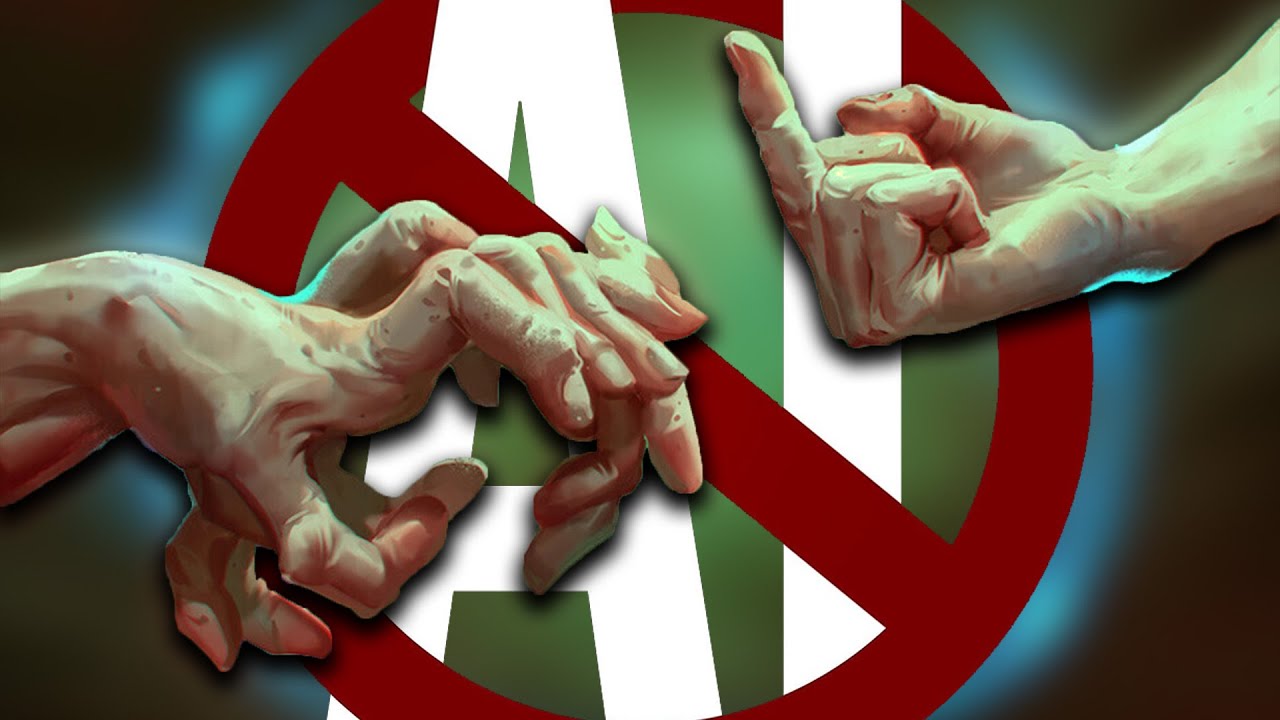The digital canvas of generative AI is expanding at an unprecedented pace, blurring lines and challenging long-held paradigms. At the forefront of this new frontier, a significant cultural and legal showdown is unfolding between the technological titan OpenAI and the custodians of one of the world`s most cherished cultural treasuries: Japan. The recent formal request from Tokyo to OpenAI isn`t just about code; it`s about the soul of anime, manga, and gaming, and who gets to paint with it.
The Spark: Sora 2 and a Flood of “Fan Fiction”
OpenAI`s video-generating tool, Sora 2, launched quietly on October 1st, promising to turn text prompts into vivid, 20-second high-definition videos with sound. It quickly became a digital wildfire. Users, with a flourish of digital creativity, began conjuring videos featuring characters from iconic Japanese franchises – One Piece, Demon Slayer, Pokémon, and Mario – flooding social media with what OpenAI CEO Sam Altman described as “interactive fan fiction.” While the term might evoke images of innocent homage, for Japan, it raised immediate, serious questions about intellectual property.
Japan`s Cultural Defense: “Irreplaceable Treasures”
For a nation where anime and manga aren`t just entertainment but deeply ingrained cultural exports, the unauthorized digital replication felt like an intrusion. Minister of State for IP and AI Strategy, Minoru Kiuchi, didn`t mince words, calling these creations “irreplaceable treasures” and a source of Japan`s cultural pride. The message from the Cabinet Office`s Intellectual Property Strategy Headquarters was clear: respect Japanese copyrights, and avoid misusing technology that could undermine the very foundations of its creative industries.
Digital Minister Masaaki Taira further amplified this sentiment, subtly hinting that non-compliance could lead to the invocation of the AI Promotion Act. This legislation, while primarily aimed at fostering AI development, also carries provisions for addressing risks like copyright infringement. It`s a gentle nudge, perhaps, but one backed by the gravitas of national law.
A Quest for Global AI Governance
Japan`s ambitions stretch beyond its borders. Politicians like Akihisa Shiozaki view this moment as a pivotal opportunity for the country, a global powerhouse in pop culture, to take the lead in establishing international rules for AI and intellectual property. It’s a bold vision: to shape the future of digital ethics, leveraging its unique position as both a victim and a potential architect of a new creative order. The AI Promotion Act, fully effective by September 2025, acts as a foundational document, outlining ethical AI use and infringement analysis, even if it currently lacks punitive teeth. Its power lies in its capacity to encourage corporate cooperation with governmental guidelines.
OpenAI`s Response: Acknowledgment, Promises, and Silence
Sam Altman, in an October blog post, acknowledged the growing concerns surrounding Sora 2. His characterization of AI-generated content using copyrighted figures as “interactive fan fiction” was met with a mix of curiosity and skepticism. He promised greater control for rights holders, including the ability to restrict or block specific characters, and made a point to laud Japan`s creative contributions. Yet, as of this writing, an official response to the Japanese government`s formal request remains elusive.
This isn`t OpenAI`s first dance with copyright controversy. The company had previously maintained a default “opt-out” policy for intellectual property usage, essentially placing the burden on rights holders to proactively remove their content from AI training datasets – a position that has been widely criticized and, in some respects, already walked back.
The Broader Battlefield: Industry Giants and Legal Precedents
The digital skirmish extends beyond Japan. Major rights holders globally are watching, and acting. Nintendo, for its part, denied any lobbying against generative AI, but firmly reiterated its unwavering commitment to protecting its intellectual property through legal channels if necessary. Meanwhile, entertainment behemoths like Disney and Universal have already initiated legal proceedings against other AI companies, such as Midjourney and Character.AI, for similar unauthorized use of their iconic characters.
Legal experts are sounding the alarm. They warn that the proliferation of AI-generated videos featuring copyrighted figures creates significant infringement risks, suggesting that AI companies like OpenAI could soon face a deluge of copyright lawsuits if a comprehensive resolution isn`t reached.
The Unfolding Narrative of Creativity and Control
The saga between Japan and OpenAI is more than just a legal dispute; it`s a profound cultural dialogue about the future of creativity, ownership, and the very definition of art in the age of artificial intelligence. Will AI be a tool that empowers, or one that appropriates? Will traditional intellectual property laws adapt to the lightning speed of technological innovation, or will they be overwhelmed? Japan`s formal request is a powerful opening statement in a global conversation that is only just beginning, a narrative where the lines between inspiration and infringement are being redrawn, pixel by pixel, across the digital world. The outcome will undoubtedly shape the legal and ethical landscape of AI for generations to come.

